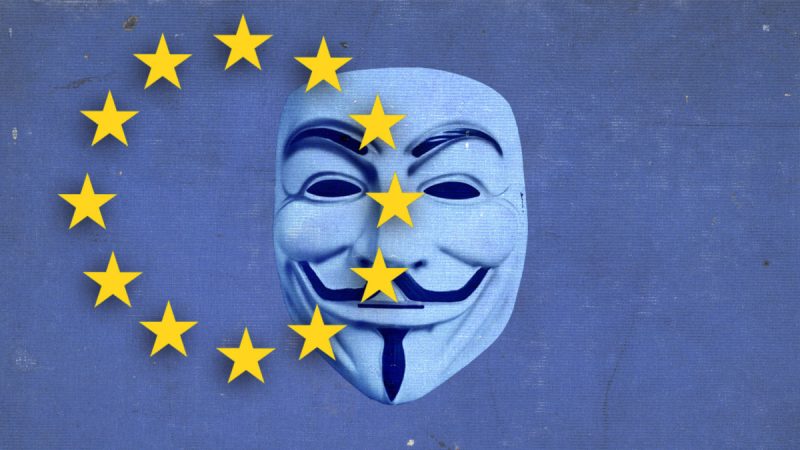In a move aimed at strengthening Anti-Money Laundering (AML) efforts, the European Union (EU) has recently enacted legislation that bans anonymous cryptocurrency transactions via self-custody wallets. This regulatory update forms part of a broader initiative to curb illicit financial activities within the EU.
The Legislation’s Core Provisions
The legislation explicitly targets transactions through unverified self-custody wallets, which are typically managed through mobile, desktop, or browser applications. This ban extends to both cash transactions exceeding €10,000 and anonymous cryptocurrency payments over €3,000, reinforcing the EU’s stance against money laundering and financial crimes.
Patrick Breyer, a German member of the European Parliament from the Deutsch Piraten Partei, highlighted that the majority of the EU Parliament’s lead commission backed the prohibition as of March 19. Breyer, along with Gunnar Beck from the Alternative for Germany (AfD) party, was among the few who opposed this move, citing concerns over financial privacy and economic independence.
Expected Timeline for Implementation
While the new laws are slated to become fully operational within three years of their enforcement, some experts, including those from the Ireland law firm Dillon Eustace, anticipate a swifter implementation process.
The Debate Over Financial Freedom and Privacy
The crux of the controversy surrounding this legislation lies in the inherent nature of many cryptocurrency networks, which operate on a permissionless basis. This fundamental characteristic fosters an inclusive and equitable financial ecosystem, free from user discrimination. However, the EU’s recent legislative actions have sparked a debate over the balance between combating financial crimes and preserving individual financial freedom and privacy.
Critics of the legislation, such as German MEP Patrick Breyer, argue that the ability to conduct transactions anonymously is a cornerstone of economic independence and a fundamental human right. The crypto community, which values privacy and decentralization, has expressed significant concerns over these regulatory measures, fearing they may infringe on personal freedoms and dampen economic activity within the sector.
Daniel “Loddi” Tröster, host of the Sound Money Bitcoin Podcast, has pointed out the practical challenges and broader implications of this legislation, particularly its potential impact on donations and general cryptocurrency usage within the EU. It’s important to note, however, that transactions from self-custody to self-custody wallets remain unaffected by the new law, maintaining a degree of autonomy for direct user-to-user interactions.
As the EU navigates the complexities of regulating the digital economy, this legislation marks a pivotal moment in the ongoing discourse on privacy, financial autonomy, and the fight against money laundering.
